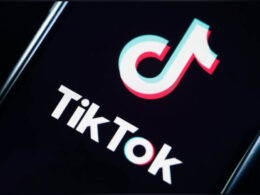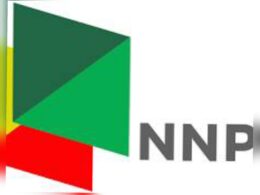Starlink, the satellite internet service by Elon Musk, has extended its direct-to-cell technology to five more countries, following its initial rollout with T-Mobile in the United States.
The service enables users to access internet connectivity directly via Starlink satellites, eliminating the need for specialized equipment or additional apps, a significant leap forward in bridging connectivity gaps worldwide.
The latest expansion includes partnerships with telecom giants Rogers in Canada, One in New Zealand, KDDI in Japan, Optus in Australia, and Salt in Switzerland. This move is set to enhance mobile connectivity, particularly in areas underserved by traditional cell towers, aligning with Starlink’s goal to deliver seamless global internet access.
Musk confirmed the development on X, formerly Twitter, emphasizing the service’s simplicity:
“Starlink’s new system enables Internet connectivity for your mobile phone with no extra equipment or special app. It just works.”
With 42 newly launched satellites, including 26 equipped for direct-to-cell capabilities, Starlink plans to extend this service across all operational regions. Musk revealed the company’s phased approach, starting with one telecom partner per country, with aspirations to collaborate with multiple carriers for broader coverage.
The service promises universal access to texting, calling, and browsing by connecting mobile phones directly to Starlink satellites, bypassing the limitations of ground-based networks.
Initial text services are expected in 2024, with voice, data, and IoT functionalities set for rollout in 2025. Importantly, existing LTE-enabled phones are compatible with the technology, eliminating the need for hardware upgrades.
While Musk downplays Starlink as a competitor to terrestrial network providers, its disruptive potential is evident. Major telecom operators, including MTN, Airtel, and Globacom, could face shifts in market dynamics as satellite-based services grow.
In Nigeria, MTN has expressed interest in partnering to improve coverage in underserved areas, highlighting the potential for collaboration rather than rivalry.










Join our Channel...